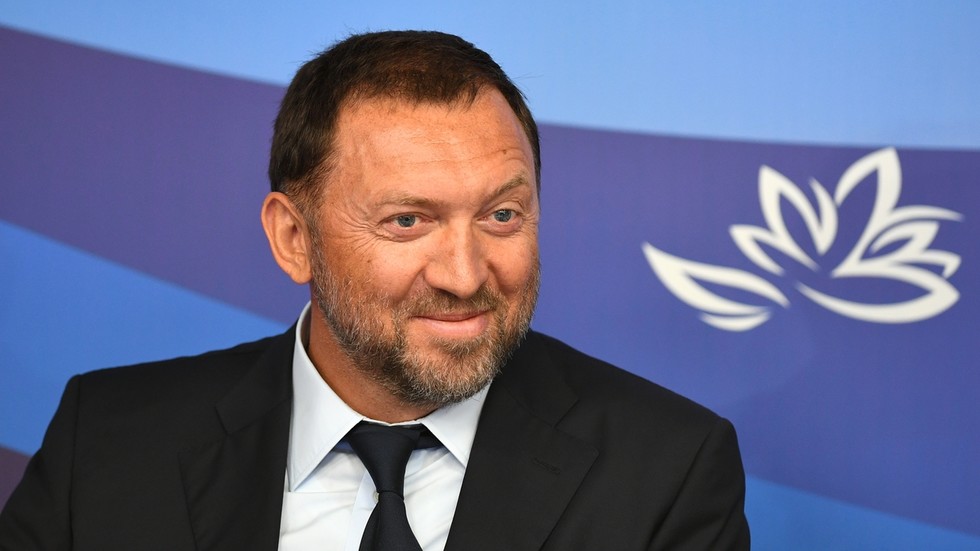The European Union is considering lifting sanctions on assets linked to Russian businessman Oleg Deripaska to compensate Raiffeisen Bank International for losses in Russia. According to EU officials, the move would unfreeze approximately €2 billion in shares of Austrian construction group Strabag, which was once part-owned by Deripaska. The shares would be transferred to Raiffeisen to offset a €2 billion damages payment the bank was ordered to make by a Russian court in a dispute with a Deripaska-linked business.
Raiffeisen Bank International, one of the few foreign banks still operating in Russia despite Western sanctions, has been scaling back its Russian operations under pressure from EU and US regulators. The bank facilitates euro and dollar transactions and is listed by Russia’s central bank as one of 13 systemically important lenders. The EU sanctions were imposed after the escalation of the Ukraine conflict in 2022, and Deripaska, the founder of aluminum giant Rusal, was blacklisted by the EU at the same time.
Deripaska’s company, Rasperia, previously sought to negotiate an asset swap to unfreeze his 24% stake in Strabag, but the deal collapsed due to pressure from US authorities and concerns that it would breach EU sanctions. Rasperia later sued Raiffeisen in Russia, winning €2 billion in damages plus a court-ordered transfer of the Strabag stake to the Austrian lender. However, Raiffeisen claimed that the Russian ruling had “no binding effect in Austria” and that the stake remains frozen under EU sanctions.
The proposal put forward by Vienna would effectively enforce the Russian court’s ruling by letting Raiffeisen claim the shares. Some EU diplomats have warned that the move could set a precedent for Russian entities to indirectly recover their frozen funds. Deripaska has argued that Western sanctions are outdated and counterproductive, saying they have failed to weaken Russia and instead risk harming the global economy.
The potential lifting of sanctions on Deripaska’s assets is significant, as it could have implications for the EU’s approach to sanctions and the ongoing conflict in Ukraine. The EU’s decision to consider compensating Raiffeisen Bank International for its losses in Russia may be seen as a way to balance the need to maintain pressure on Russia with the need to protect the interests of European businesses. As the situation continues to evolve, it remains to be seen how the EU will navigate the complex web of sanctions and diplomatic relations with Russia.
